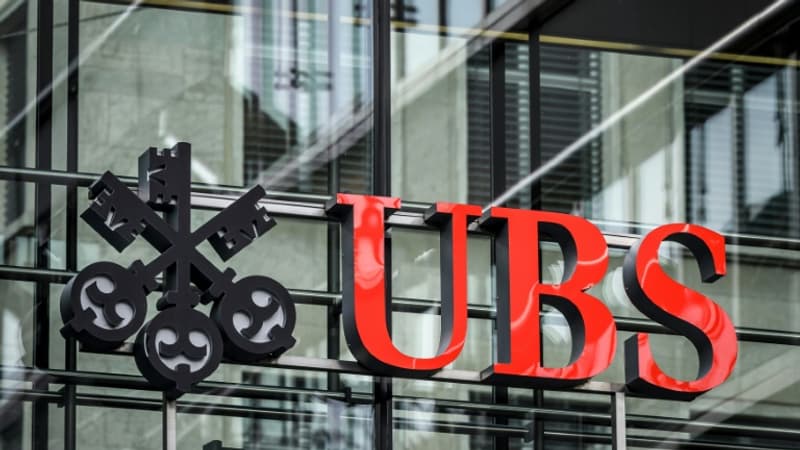Swiss banking giant UBS has reassured Swiss taxpayers and investors about the Credit Suisse integration by announcing on Friday that it will waive state and central bank support measures, saying they are no longer necessary. On March 19, UBS had urgently agreed to buy out its former rival’s share for 3 billion Swiss francs (3.1 billion euros at current exchange rates) after intense negotiations over a weekend with Swiss authorities.
The objective was to avoid the bankruptcy of the second largest bank in the country. To facilitate the takeover, the government had agreed to provide aid in the form of guarantees of 9 billion Swiss francs to cover any risks that UBS might discover in Credit Suisse accounts. The central bank had granted a loan of 100 billion francs to ensure that the banks had sufficient liquidity. “At that time, it was deemed necessary to protect UBS,” the bank said in a statement, as it had only had a “limited time” to review Credit Suisse’s assets.
Indemnity of 40 million Swiss francs paid to the Confederation
UBS has since formalized the merger on June 12 and was able to conduct a more thorough review of the assets covered by these support measures. The bank has concluded that these support measures are no longer necessary and therefore has requested a “voluntary termination” of the agreements with the Confederation, effective as of August 11. UBS will pay 40 million francs to the Confederation as compensation for the implementation of these measures, specifies its press release.
Credit Suisse has fully repaid additional liquidity assistance loans provided by the central bank, UBS also said. This lifting of the state guarantee is “good news for the Confederation”, declared Finance Minister Karine Keller-Sutter during a press conference. The cash back is “a strong sign,” she said, while the Credit Suisse file has brought its share of “sleepless nights,” she acknowledged.
Credit Suisse had been beset by numerous scandals, including the bankruptcy of financial firm Greensill and the implosion of the Archegos hedge fund that cost it more than $5 billion, raising fears that its business would reveal many unpleasant surprises. These scandals had weakened the bank but had turned into a serious crisis of confidence when a panic movement took hold in the financial markets after the bankruptcy of the US bank SVB, causing the collapse of Credit Suisse on the stock market. The central bank then had to give it a first lifeline in the form of a loan of 50 billion francs.
More details on UBS’s plans at the end of the month
Taking into account the loans already granted before the negotiations with UBS, the loans in the form of cash reached “a maximum amount of 168 billion francs”, the SNB quantified in a press release, while congratulating that they were ” fully refunded.” . At 9:32 am GMT, UBS shares were up 5.08% against the trend of the SMI, the flagship index of the Swiss Stock Exchange, which was down 0.17%. The fact that UBS is waiving these support measures is “positive”, reacted Michael Klien, an analyst at the Zurich Cantonal Bank, in a stock market commentary. In his opinion, this decision demonstrates that the “risk profile” of Credit Suisse and “the new UBS” is “better” than the markets feared at the start of the merger.
According to Andreas Venditti, an analyst at Vontobel, “the journey is far from over,” but UBS leaders seem to be moving “full steam” in implementing their projects. This announcement will also calm “the political debate” while the merger of the two largest banks in the country is raising serious concerns in Switzerland, in relation to employment, competition but also the weight of the establishment in relation to the size of the economy. Swiss. Analysts expect more details on UBS’s plans when it publishes second-quarter results, delayed until the end of August given the complexity of the merger.
Source: BFM TV


